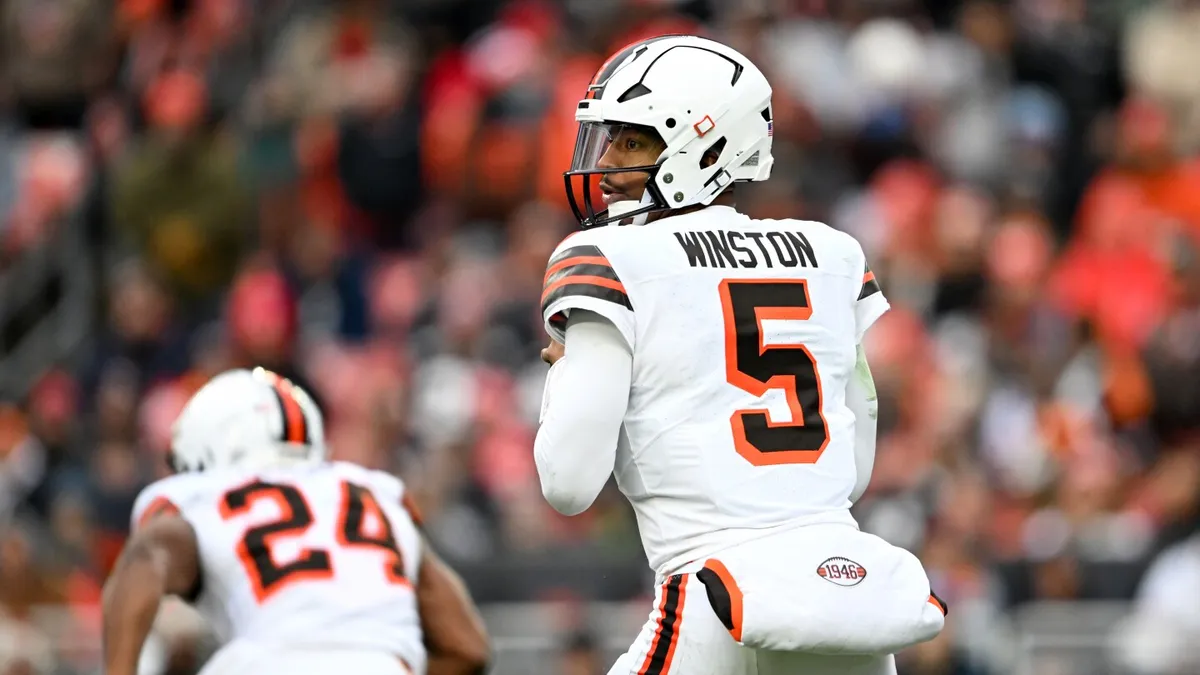
The two leading football teams in New York, the Jets and the Giants, are making headlines with their recent quarterback signings, opting for bargain-basement salaries for their veteran players. This strategic approach reflects a growing trend in the league, as teams seek to maximize their salary cap space while still aiming for competitive rosters.
The New York Jets have signed quarterback Justin Fields to a two-year deal worth $40 million. This contract places Fields at the bottom of the list when it comes to starting quarterbacks not on rookie contracts. This move not only underscores the Jets' intention to stabilize their quarterback position but also highlights their commitment to a cost-effective strategy in a competitive market.
Meanwhile, the New York Giants have entered into a notable agreement with quarterback Jameis Winston. His base contract is significantly lower, at just $8 million over two years, which is 20 percent of Fields' salary. While Winston has the potential to double his earnings through performance incentives, the base salary strongly indicates that he is viewed as a bridge quarterback, a transitional player until the Giants can secure a long-term solution.
The implications of Winston's contract extend into the upcoming NFL Draft. With their current strategy, the Giants are positioned to select a new quarterback as early as the No. 3 pick. The leading candidate for this role is Shedeur Sanders from Colorado, assuming the Cleveland Browns do not select him with the second overall pick. The Giants' contract with Winston strongly suggests they are preparing to pair him with a rookie quarterback, which could be a game-changing move for the franchise.
If the Giants choose not to draft a quarterback, they will have secured a significant bargain in Winston. His contract mirrors a similar deal he signed last year with the Cleveland Browns, where he earned $4 million for one year, with incentives bringing it up to $4.7 million. This consistency in salary structure across seasons indicates a trend toward affordable veteran quarterbacks, allowing teams to allocate resources effectively while still pursuing future talent.
In conclusion, both the New York Jets and Giants are making strategic decisions that reflect broader trends in the NFL regarding quarterback salaries and roster management. As they navigate these changes, fans can expect a dynamic season ahead, with potential shifts in team strategies and player performance on the horizon.